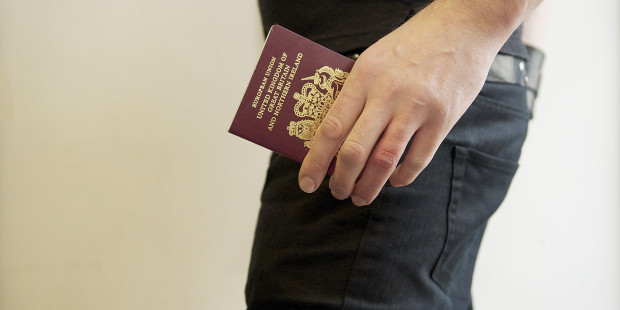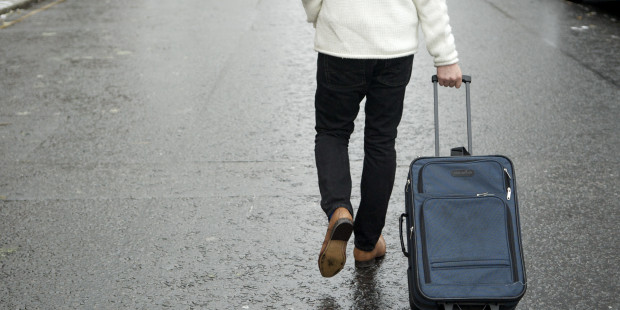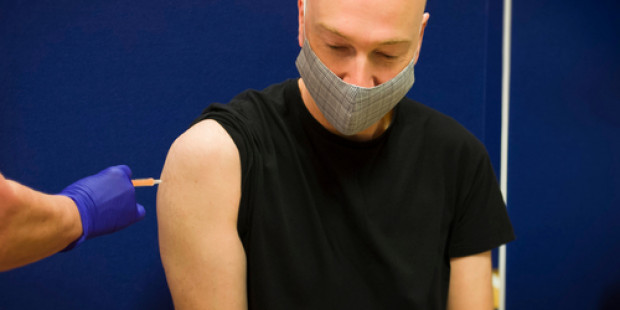Should I get vaccinated before travelling?
The consequences of vaccine-preventable diseases are more severe in people living with HIV compared to the general population, so being fully immunised is very important.
Always discuss travel vaccinations with your HIV doctor – there are special vaccination guidelines for people living with HIV.
It’s best to get advice about jabs well ahead, or at least eight weeks before you’re due to travel. This is because people living with HIV might require longer intervals between certain vaccinations - and you might need several shots and boosters before travelling to certain places.
You’ll also need to make sure that your existing vaccinations for the UK, such as polio, hepatitis A and B and tetanus, are up to date. If not, you can get booster injections (people living with HIV need more frequent boosters because of their lowered immune response).
Find out more about vaccination requirements for different countries.
Which vaccines are not safe for people living with HIV
Thanks to modern treatment, most people living with HIV have immune systems that are able to cope with live vaccines. However, there still are exceptions.
Some live vaccines, like the tuberculosis vaccine, should not be given to people with HIV. Other live vaccines, like the smallpox vaccine, are not recommended for people living with HIV (unless in exceptional circumstances).
Some vaccines are available in live and non-live versions – typhoid vaccine should be taken in its non-live form.
The yellow fever vaccine is generally not recommended for people living with HIV with low CD4 counts and those over the age of 60. A certificate of exemption can be issued for people planning to travel to countries that require this immunisation, but be mindful that some of those countries may not honour the exemption.
Vaccination against the flu, which can occur year-round in the tropics, is also advised for people with HIV, who are at heightened risk of flu-related complications.
COVID-19 vaccination is recommended for people living with HIV.
Travelling safely with HIV
Because of the lowered immune response, vaccinations can be less effective in people living with HIV. To counter that effect:
- higher or more frequent vaccine doses might be recommended,
- more frequent boosters might be needed in case of previously vaccinated travelers,
- other safety measures - like washing hands, taking care of water sanitation and food safety, preventing insect bites and taking anti-malaria tablets – become more important.
Always research your destination well ahead of travelling – there are unique risks to some corners of the globe and recommended safety measures change all the time.
There are no known interactions between vaccines and HIV medication.
aidsmap has a list of vaccines recommended for people living with HIV.
If you're not sure if you should get yourself immunised before travelling, you can always start by calling THT Direct on 0808 802 1221 for free advice.
This page has kindly been supported by Pfizer UK.







